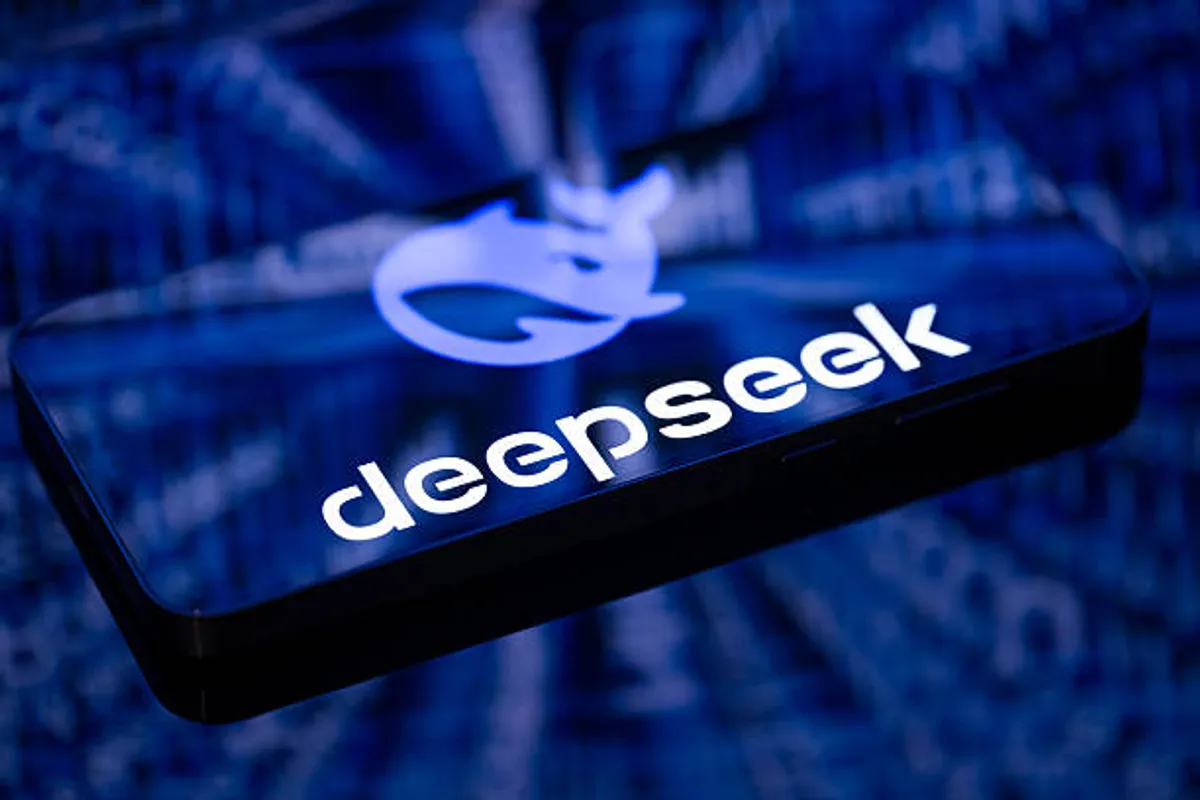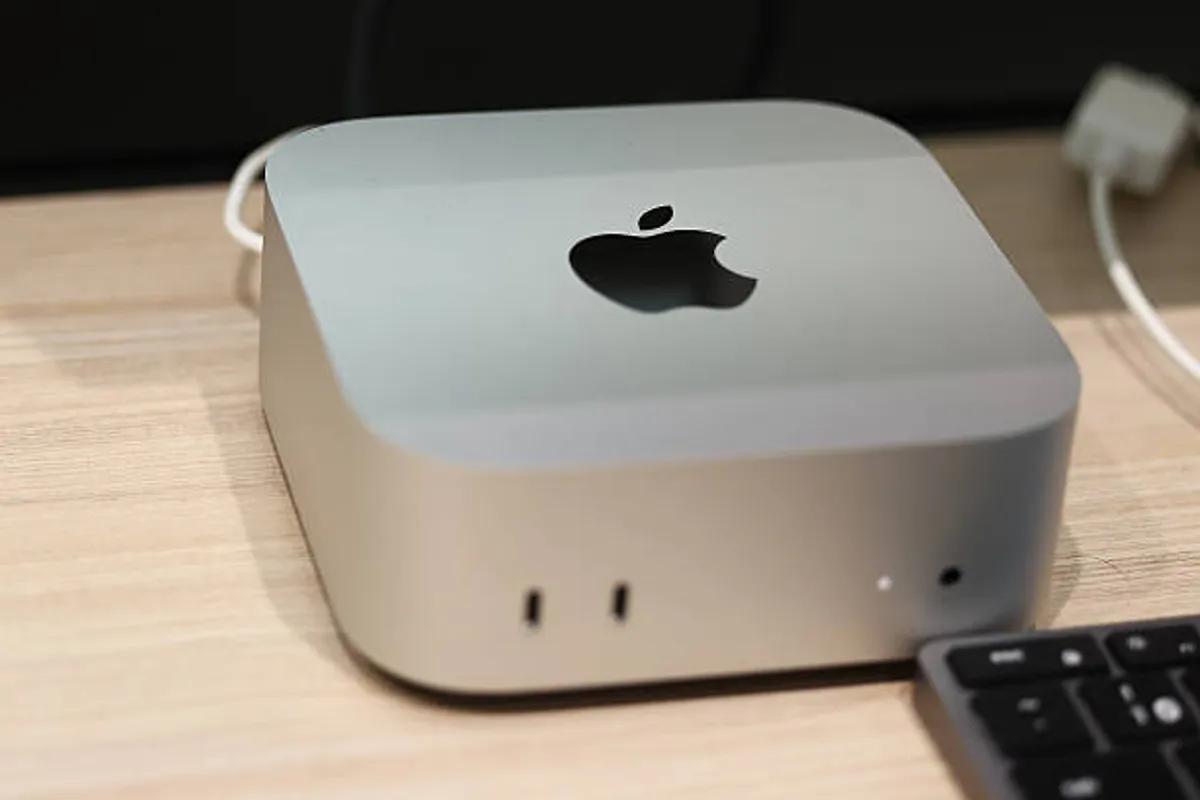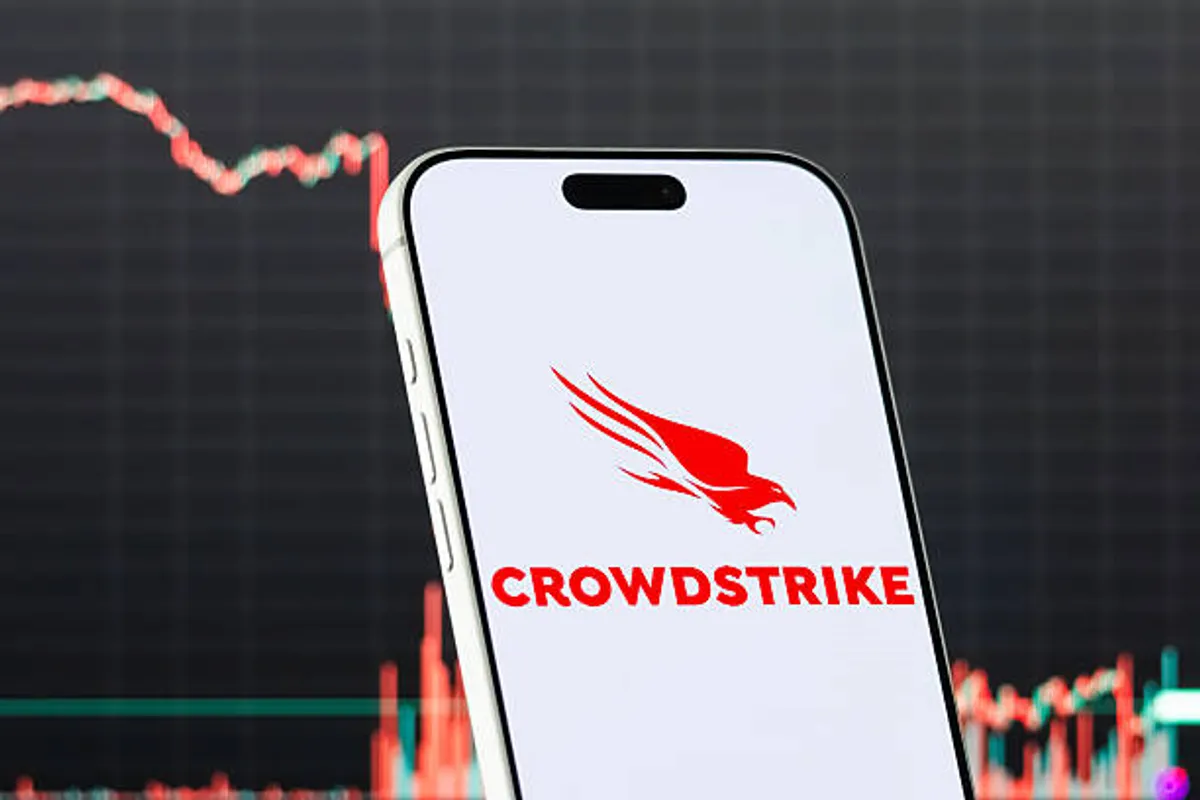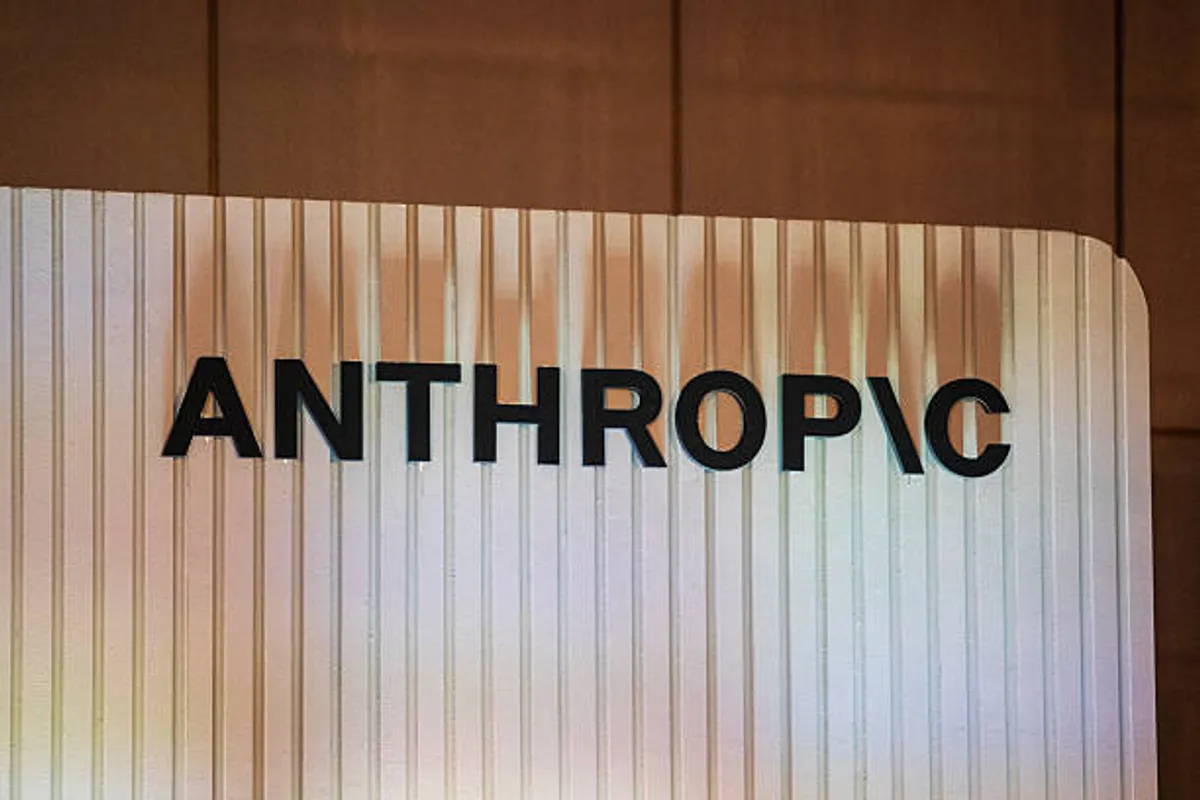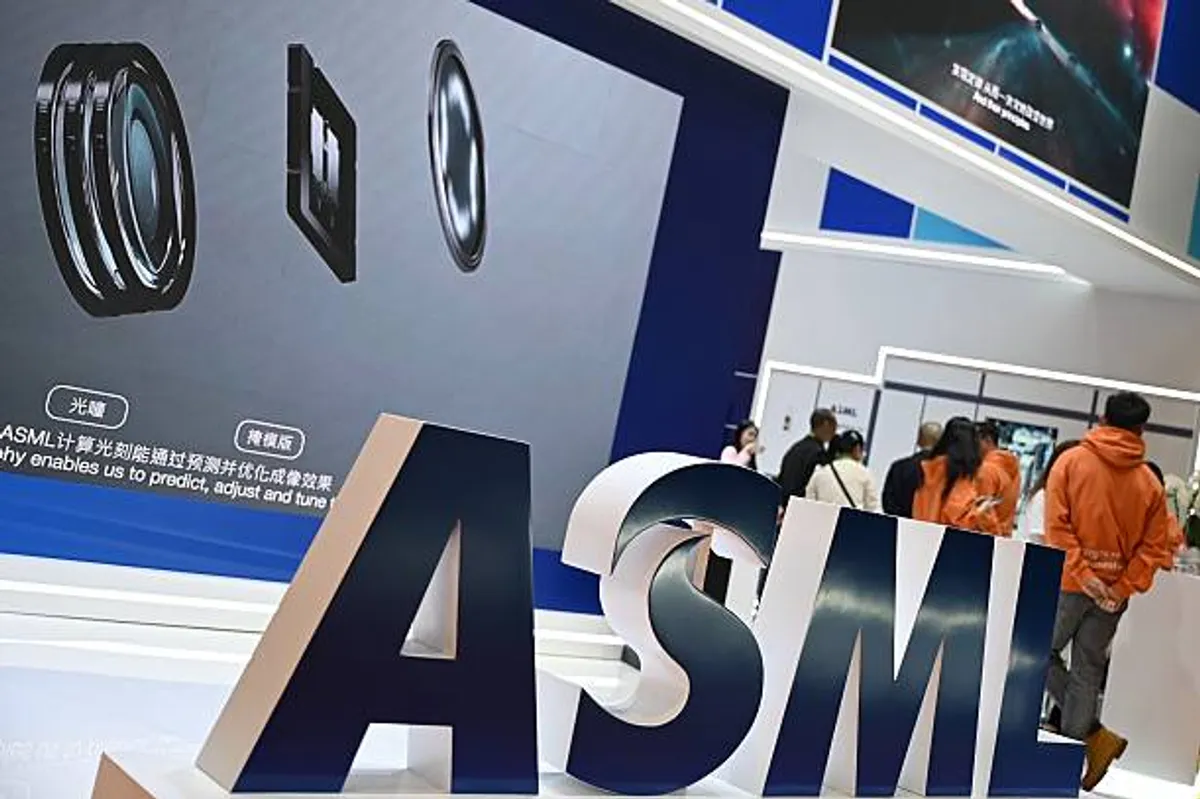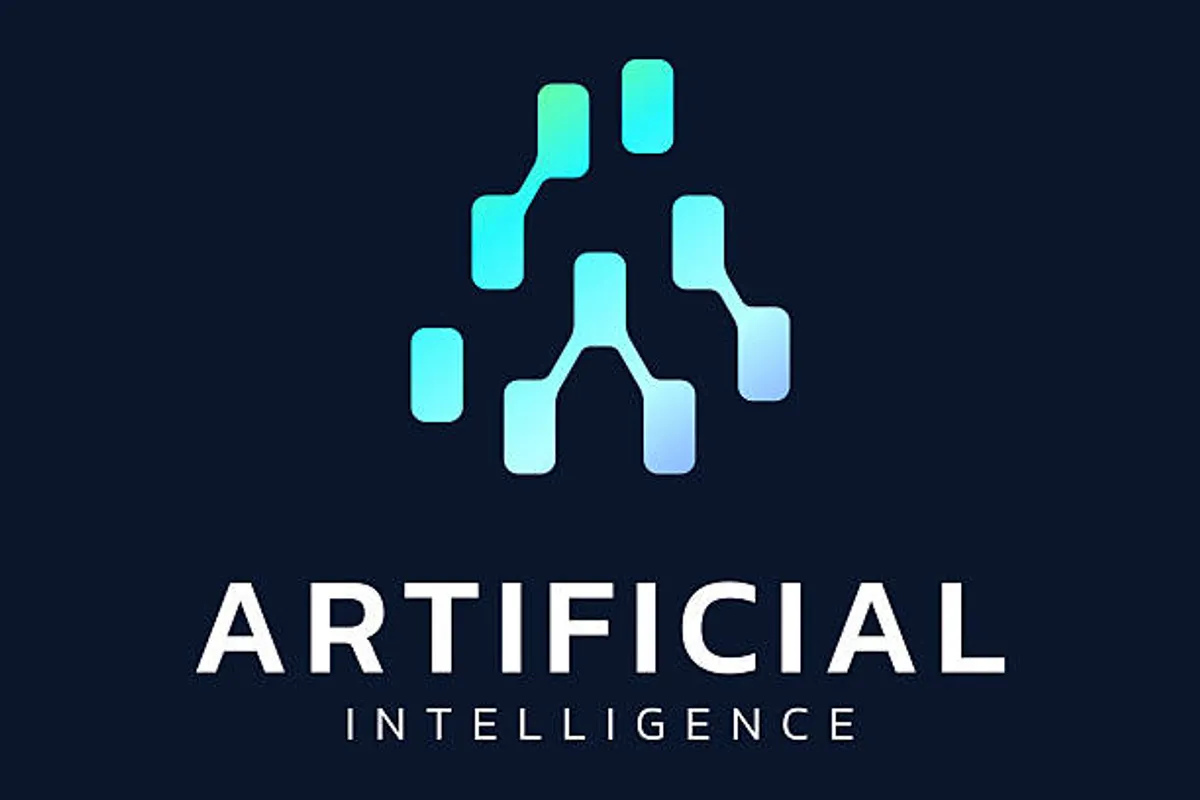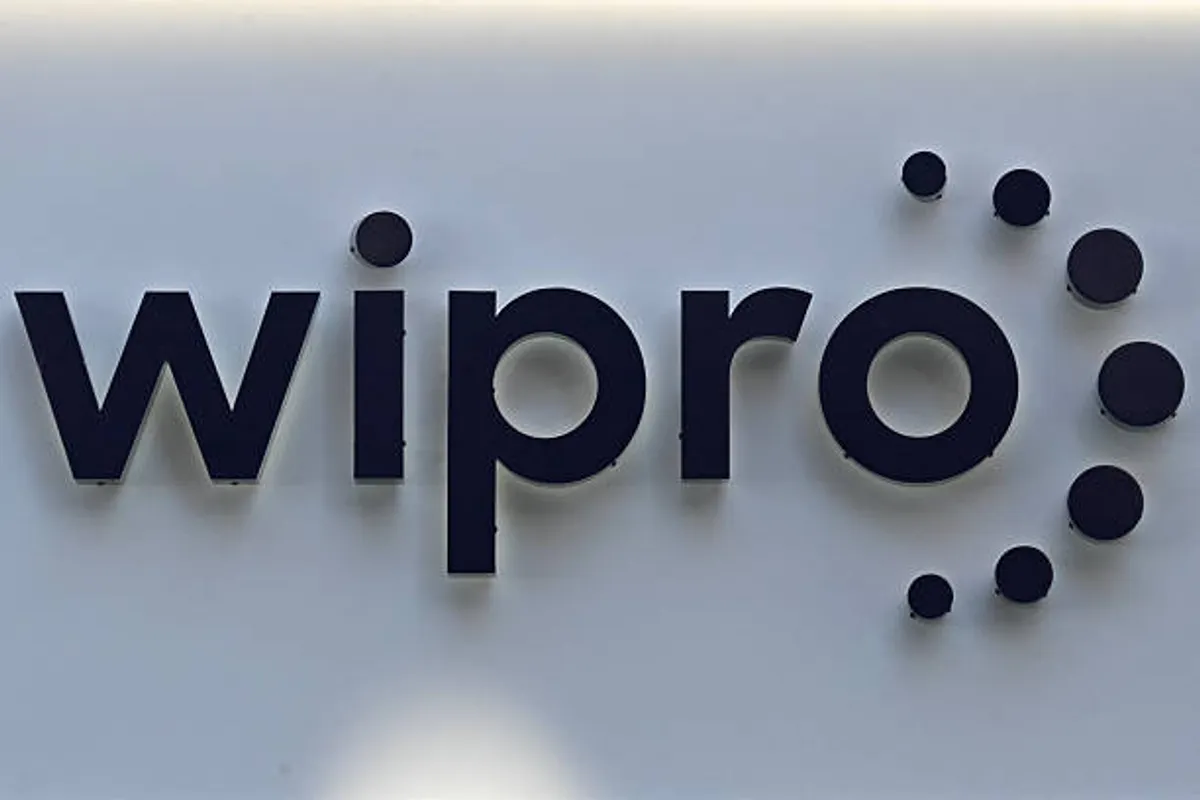Nvidia CEO Sees AI Boom as a “Tipping Point,” Not a Bubble — But Some Analysts Aren’t Convinced

GeokHub
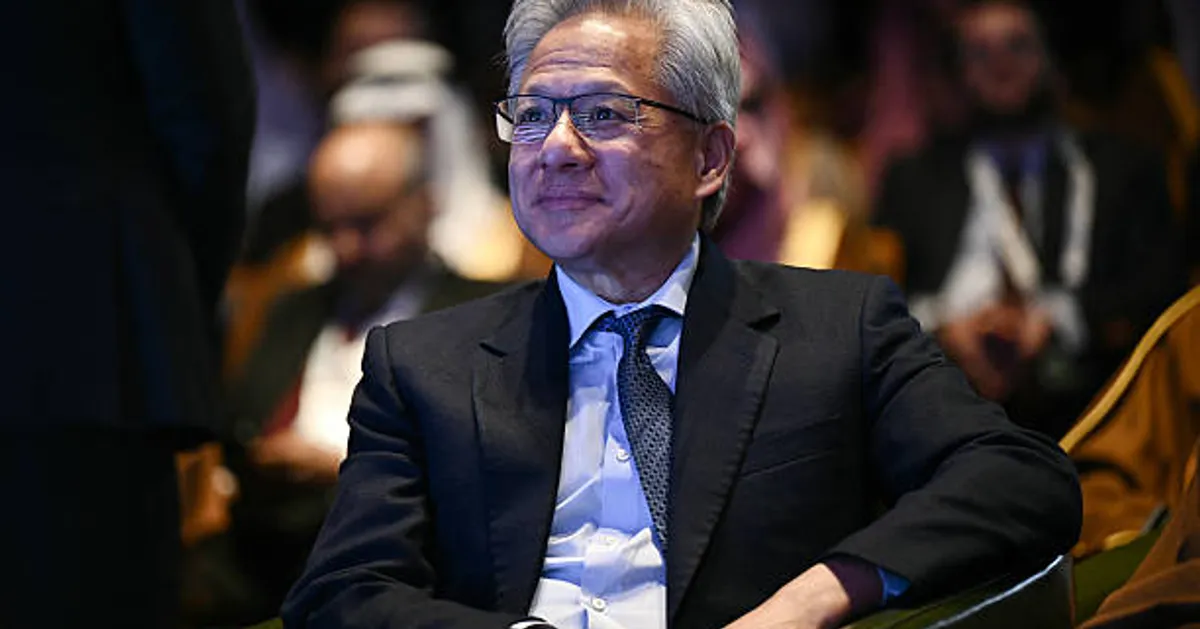
Nvidia CEO Jensen Huang says the world is not witnessing an AI bubble but a historic shift in computing that is reshaping industries and accelerating global demand for advanced processors. Speaking with confidence about the company’s long-term trajectory, Huang described the rapid expansion of AI as a moment “where everything changes,” driven by a new generation of computing systems and AI agents capable of understanding, building, and interacting with the physical world.
Huang emphasized that the transition away from traditional CPU workloads, the rise of AI coding assistants, and breakthroughs in robotics are converging into what he calls a once-in-a-generation transformation. Nvidia, he said, is positioned at the center of that shift, powering a global wave of data-center construction as companies race to adopt generative AI.
But not everyone shares his optimism. Some analysts warn that Nvidia’s growth is tied too closely to a small group of major customers, raising concerns about volatility if any of them reduce spending. Others point to the company’s practice of renting back its own chips through cloud providers, arguing it may inflate demand metrics in a way that complicates true revenue visibility.
There is also the challenge of scale. Building the vast infrastructure required for AI — from power-heavy data centers to advanced cooling systems — demands enormous capital. Critics say the pace of expansion may eventually collide with real-world limits on land, energy, and supply chain capacity. Meanwhile, heavyweight competitors continue to develop their own AI chips, intensifying pressure on Nvidia’s dominance.
Analysis / Impact:
Huang’s position frames the AI boom not as hype, but as a seismic technological shift that will define the next decade. If correct, Nvidia could sustain its leadership as industries adopt generative AI, robotics, and automated software development. Yet the skepticism is equally significant: concentrated revenue streams, aggressive infrastructure investment, and rising competition all introduce serious long-term risks.
Still, the global AI build-out shows no signs of slowing. Whether this moment becomes a historic pivot or a cautionary tale will depend on how the industry handles scale, sustainability, and competition in the months ahead.
